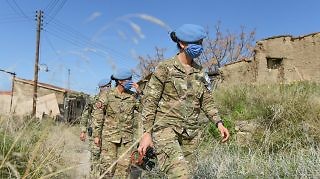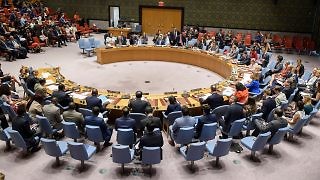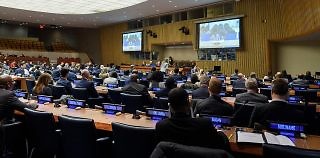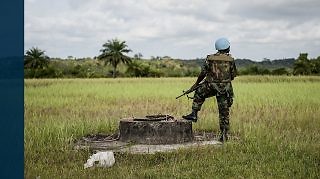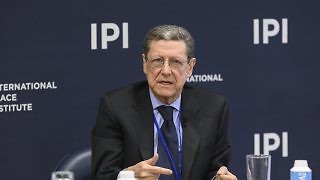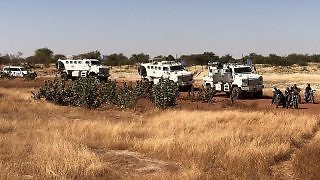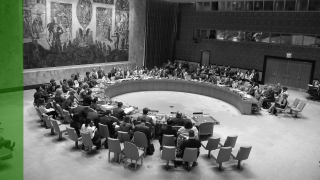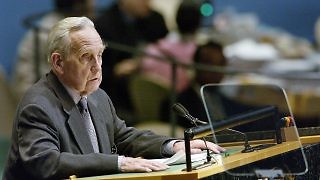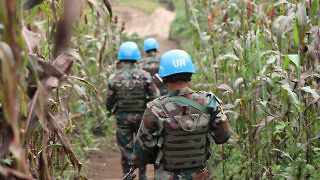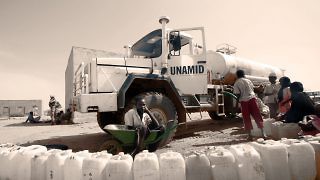The UN, in its implementation of A4P+, must address the heavily masculine, exclusionary, and militarized structures which often preclude women (and anyone outside of a very particular gendered profile) from deploying.
Author: Jake Sherman
-
-
Efforts to translate climate and environmental-related mandates into policies and practices are a work in progress, and can benefit from ongoing learning, monitoring, and adaptation.
-
Within the United Nations, there is a lack of agreement among member states on which organs are most appropriate to respond to climate-related security risks.
-
The upcoming 75th anniversary of the UN provides a useful moment to examine some important aspects of peacekeeping and where it might be headed in the future.
-
Alan Doss on his book, what he sees as the contributions and limitations of peacekeeping operations, and lessons for the future of UN peacekeeping.
-
The disconnect between Security Council decisions on UN peacekeeping mandates and budgetary agreements by the Fifth Committee is often cited as one of the main obstacles to effective mandate implementation.
-
In light of its mandate, the extent to which the United Nations Security Council can or should take steps on climate-related peace and security issues is an increasingly urgent question.
-
The UN has always faced a gap between its aspiration and performance. Yet, as Sir Brian observed, the UN is the only global design for the daunting task of managing both conflict and progress.
-
This session of the Fifth Committee saw member states posturing and positioning ahead of what will be extremely contentious negotiations this fall on the budgetary scales of assessment.
-
The A4P initiative provides an opportunity to reaffirm a shared understanding among member states and the UN Secretariat of what it means for political solutions to “drive the design and implementation of peace operations.”

